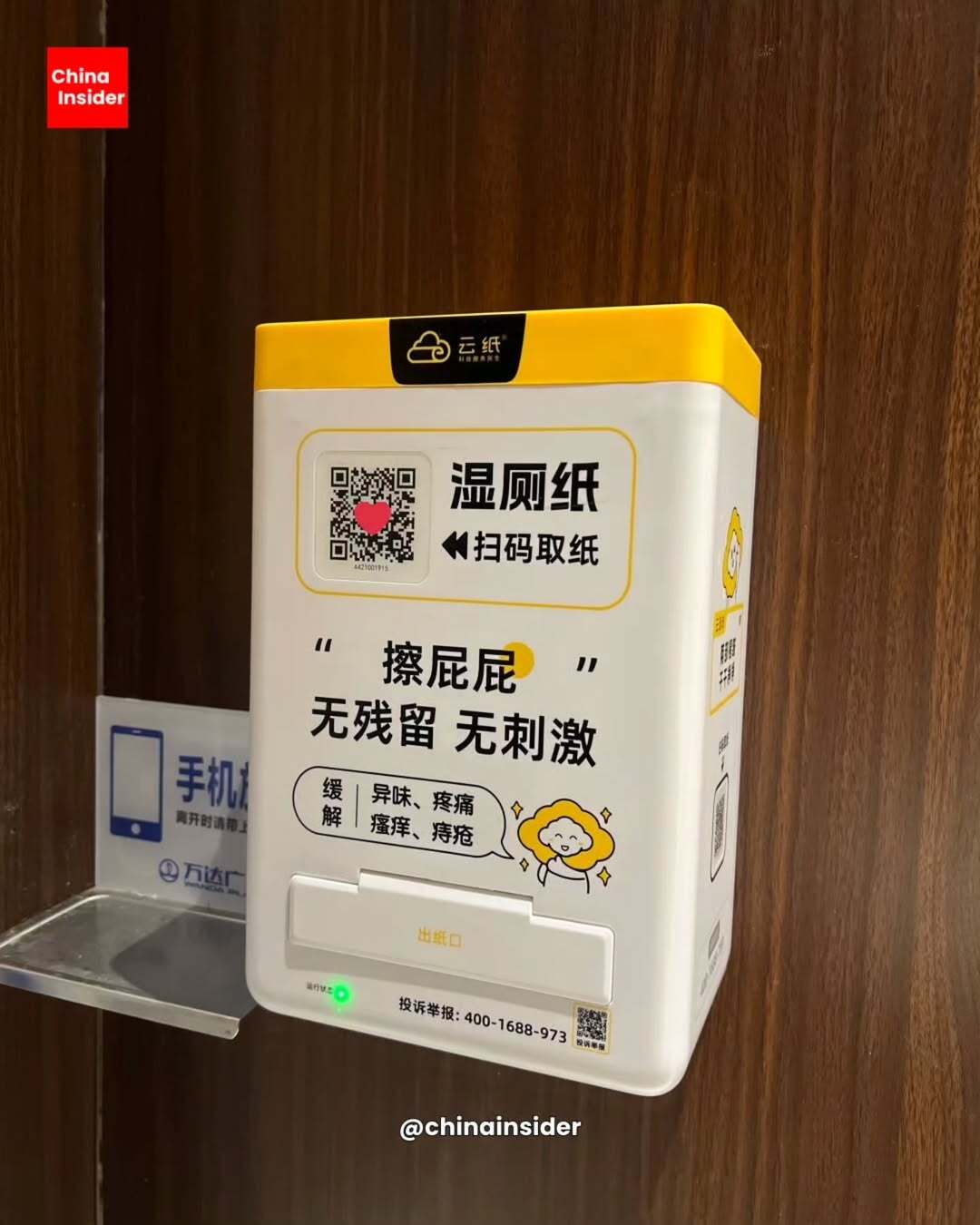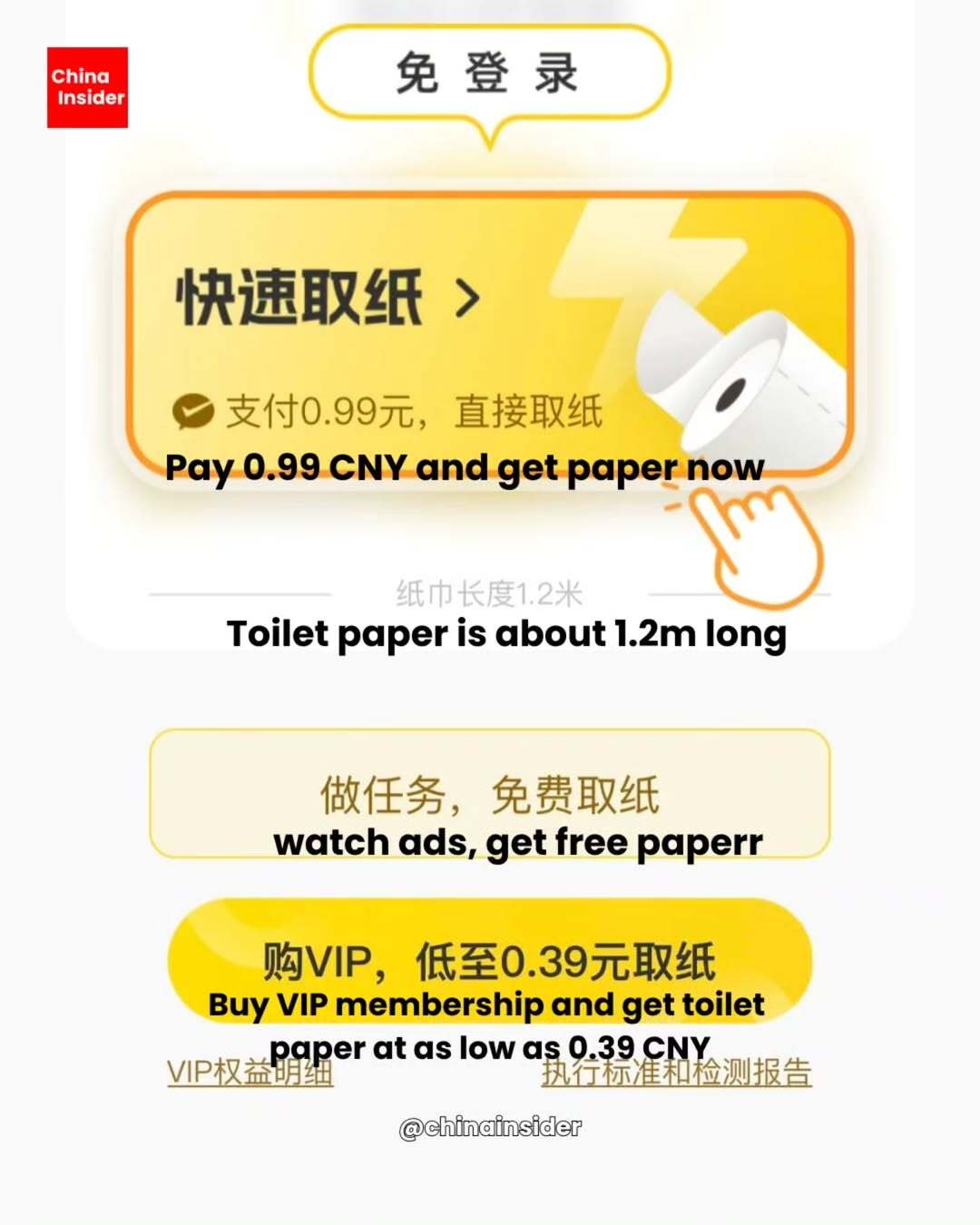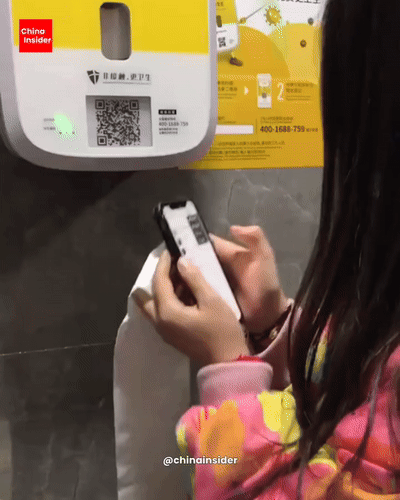Ad-supported toilet paper: How far is too far for the ad-centered economy?
We are living in the Age of the Ad. The ad-supported model is becoming the default for streaming services, with outliers like Apple TV still holding the ad-free line like some last bastion of sanity. Ads have wormed their way onto smart TV launch screens, threaten to hijack your home videos and gaming experience, and yes, they’ve even come for your fridge. You might chalk this up to the curse of smart-everything culture. But when it comes to ads, it’s usually still about some tech wunder-product (like a smart fridge — not exactly a staple in every kitchen) or auxiliary entertainment like a smart TV or streaming service, which, while nice, are hardly a necessity.
That distinction — what should remain sacred and what still tolerable if riddled with ads — is blurring fast. The “Black Mirror” episode where a brain implant makes you spout ads still sounds far-fetched… but less so with each passing year. Still, a neural implant is cutting-edge tech. It’s not something the average person deals with on a Tuesday. So let’s step away from sci-fi and bleeding-edge gadgets and go back to the basics: relieving yourself.
In a widely shared post, China Insider News reported that some public bathrooms in China have been fitted with peculiar new dispensers that put a surprising twist on toilet paper access. First, you scan a QR code, and then you’re presented with two choices: either sit through a short commercial break (yes, pun intended) or shell out ¥0.99 (about $0.14) for a 1.2-meter ration of toilet paper. For frequent flyers of the facility, there are reportedly subscription plans available, bringing the cost of a roll down to as little as ¥0.39, effectively turning your restroom routine into a recurring bill.

A toilet paper dispenser

A message a user sees after scanning a QR code

If a user chooses to skip ads and pay for the slip of toilet paper instead, they are asked to either confirm their choice, watch ads or buy a 'VIP' toilet paper membership

Ad-supported toilet paper in action
Anti-China ruse or is it for real?
China Insider News itself notes that this practice isn’t common and does not name the exact location where it’s been implemented. Commentators on Reddit were quick to point out that, while the setup may seem dystopian by Western standards, it’s not necessarily out of step with local norms. “In China, many people carry their own toilet paper — just like how people carry tissue,” one Redditor explained. “However, in major cities and malls, toilet paper is standard like in most countries.”

The absence of details — and, as Futurism noted, the known anti-China bias of the source — makes the whole story feel if not far-fetched, then exaggerated for effect and, perhaps more to the point, not really accounting for cultural differences. What reads as an outrageous imposition in one country might be an unremarkable experiment in another. It’s still not clear who authorized it, and on what level, for starters.
However, since there are photos and videos confirming that this toilet paper laundromat setup does, in fact, exist somewhere in China, it’s, in our view, less interesting whether it’s a one-off stunt or the beginning of a trend or what cultural tendencies are at play here. What we want to zoom in on is the phenomenon itself: the idea that even something as basic and essential as toilet paper can now be gated behind ads. Regardless of the country or the scale, that’s the part worth paying attention to.
The slow descent into ad-supported hell
Besides the obvious logistical nightmares (like what happens if you forget your phone, your battery dies at the worst possible moment, or there’s no internet), the bigger question is: why is this happening at all? And how does it affect your privacy?
Whoever dreamed up this system seems less interested in hygiene or waste reduction (as it’s claimed) and more focused on normalizing the idea that the consumption of online advertising itself is now a currency, something you pay with instead of actual money. And in that sense, the toilet paper example is weirdly perfect. It symbolizes a total surrender of privacy, convenience, and even dignity — all in service of the ad.
You’re at your most vulnerable, and suddenly you’re faced with a choice: endure a stream of ads despite clearly not being in the mood or pay up for your right to wipe in peace. Privacy here takes on a double meaning. By agreeing to watch the ad, you’re not just trading time, you’re potentially handing over personal data. Whether or not these bathroom ads are personalized isn’t clear, but the fact that they’re served on your device — a device already tied to your digital footprint — means they easily could be.
What you can do
Hopefully, this trend stays confined to a few isolated spots in China and doesn’t spread any further. But if it does, the least you can do is be prepared. Apart from carrying tissues or paper towels, which is the low-tech, old-school way out of this predicament, you can also try to retain what is left of your privacy and keep your level of exposure to tracking and digital surveillance to a functional minimum.
If you’re required to scan something with your phone, you’re already leaving behind a digital trace. To minimize what gets picked up, use a VPN: it won’t block the ad entirely, but it can obscure your location and make personalized targeting harder. Pair that with anti-tracking tools and privacy-first browsers like Firefox with enhanced tracking protection, or Brave, which blocks ads and trackers by default.
For more robust control, install system-wide apps like AdGuard, which can filter out not just obvious ads but also the hidden scripts that follow you from app to app, even outside your browser. Because, if advertising threatens to become a part of your hygiene routine, your vigilance when it comes to digital hygiene should double.




















































